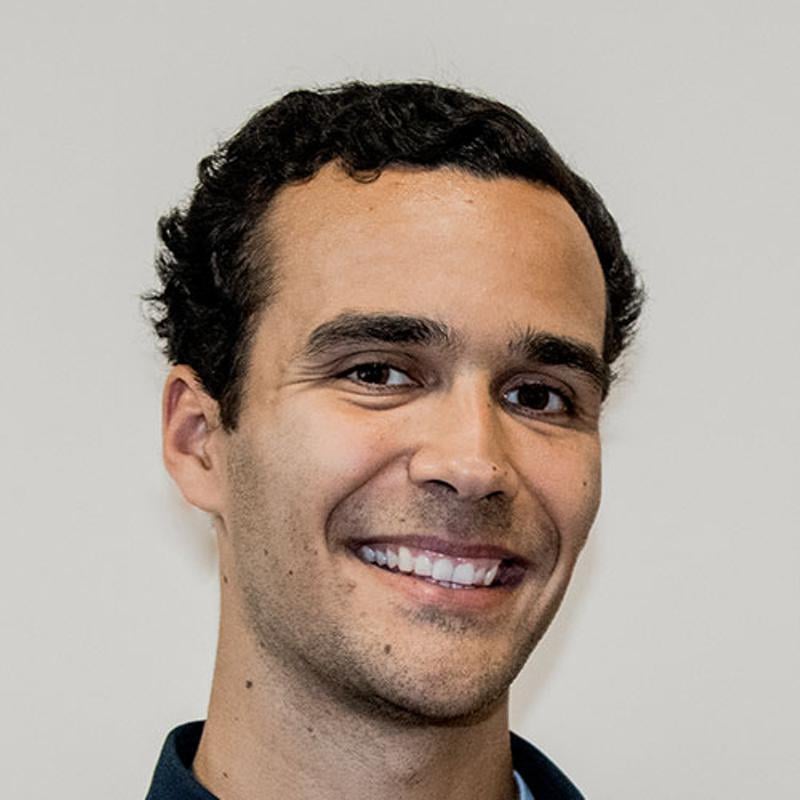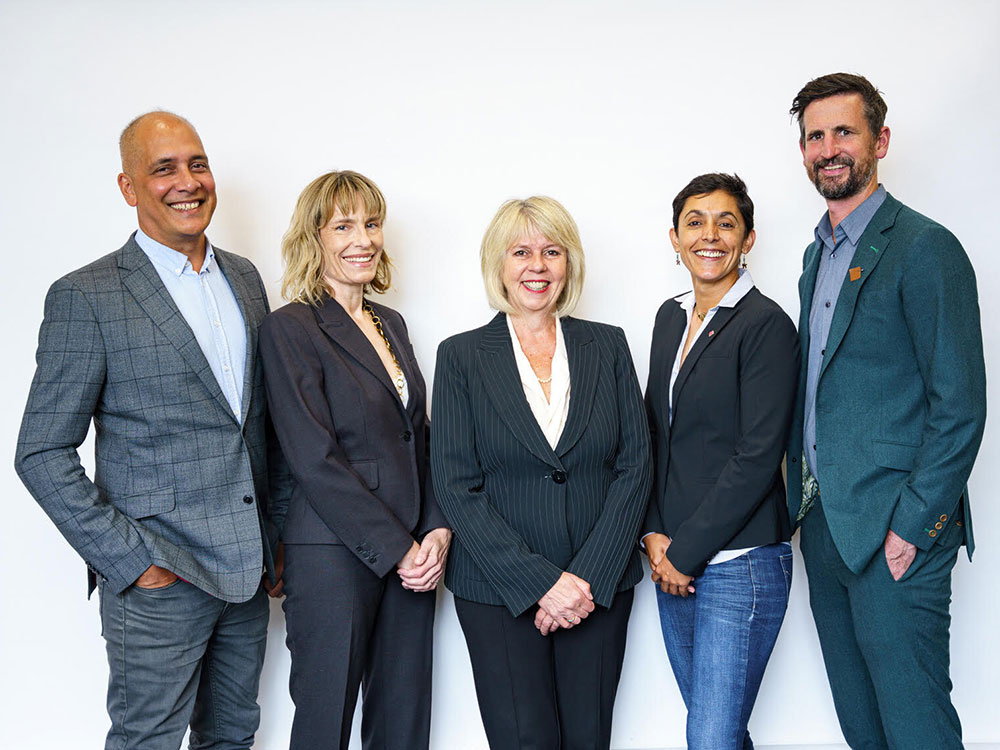[Editor’s note: The Tyee interviewed five mayoral candidates who are running in Vancouver. But power is held by council, not the mayor — so we’re also taking a look at three parties with incumbent city councillors who are running for re-election. We’ve also profiled COPE and OneCity. B.C. voters will cast ballots for municipal government on Oct. 15.]
When Adriane Carr was elected as a city councillor in 2011, she became the first Green Party of Vancouver candidate to sit on council. Her victory would prove to be a launching point for the civic party. Last election, Carr racked up the most votes by any candidate, and two other Green nominees, Pete Fry and Michael Wiebe, joined her on council.
In total, nine Green candidates won office in 2018, including three each on the school and park board.
This year, in addition to its incumbents, Greens have added two more council candidates to their 2022 slate — climate scientist and economist Devyani Singh and labour and social justice activist Stephanie Smith.
Given Carr’s strong pull with voters, a natural question was whether this time she’d run for mayor. She floated, then dropped the idea. Her explanation is that she could be effective as a bridge builder.
“You could probably ask anyone on council and they would say the Greens have been a force for collaboration,” Carr said in an interview with The Tyee.
In Carr’s first two terms, city hall was dominated by Vision Vancouver. But 2018 saw a council with no majority party for the first time since 1986. From the outside, Vancouver’s fragmented civic politics can appear combative and slow-going. But Carr emphasized that working across party lines is essential to addressing complex issues like housing and the overdose crisis, and said that’s her style.
Yet Carr hasn’t always been able to stay above the fray. The Greens have taken flak for casting some votes against denser housing projects, Carr emphasizing the preservation of “neighbourhood character.”
And Green Coun. Michael Wiebe has landed in controversy, facing allegations that he had broken conflict of interest rules when he voted for a restaurant patio program to help mitigate the effects of COVID-19. Wiebe is the owner of a restaurant that applied for a patio under the program. While an initial court ruling dismissed the complaint, the B.C. Court of Appeal overturned that ruling and the case is still before the courts.
At the beginning of the pandemic, Vancouver council was receiving criticism for their slow response to the development of a COVID-19 recovery plan. But Carr said her idea to create a COVID-19 Recovery Committee, which oversaw the social, economic and fiscal response to the pandemic, proved that a collaborative council could work.
“I don’t think any single party or any single politician has all the answers,” Carr said. “You’ve got to listen to the public, experts and your colleagues.”
Here’s where Vancouver’s Greens stand on a few of the most pertinent issues this election.
Housing
The Greens’ first priority to address the housing crisis in Vancouver is by tying affordability to income. Specifically, Carr believes that housing should cost no more than 30 per cent of a household's gross income.
In an interview with The Tyee last year, Carr said she supports increasing density in single-family areas in a way that is “sensitive to the character of neighbourhoods.”
While she didn’t mention specific areas in the city she would target for new developments, Carr highlighted that changing zoning around schools will be important to create complete communities — neighbourhoods where people live within 15 minutes of schools, local businesses and recreation centres.
“Single-family neighbourhoods are really kind of in the age of the dinosaurs,” Carr said. “Virtually no one who’s earning an average income in the city can afford a single-family home.”
She adds that the Greens want to prioritize adding more non-market and co-op housing to the city, and partner with the federal and provincial governments to bolster non-profit housing plans.
Overdose and public safety
A lack of affordable housing and a growing drug crisis is having a negative impact on people’s lives, but Carr doesn’t believe adding more police is the answer. What’s needed, she says, is a change in the culture of policing, and training officers to focus on crisis de-escalation and crime prevention.
As positive guideposts, she points to recommendations coming out of the provincial Police Act review and Crisis Assistance Helping Out on the Streets, or CAHOOTS — a mobile crisis-intervention program that handles lower-risk emergency calls.
Another major emphasis for the Greens is providing triage housing, which provides supports and services to people who have experienced homelessness, and helps people get connected to permanent housing.
“It’s really important to enable people to live in a community,” Carr said. “Many have been traumatized, and being around people they relate to and have a community with is really important.”
Carr would also like to see a plan — similar to the Vancouver Agreement that expired in 2010 — that brings all levels of government together to address the overdose crisis. She said that having more safe supply options, expanding treatment and overdose prevention sites will be key to overcoming the crisis.
The climate
Controlling the level of greenhouse gas emissions is a big focus for Carr. She believes in retrofitting more public buildings like community and senior centres to withstand extreme weather conditions, and ramping up the city’s zero-emission building retrofitting program.
The Greens’ climate plan would mandate solar panels on roofs in Vancouver’s building code, sue Big Oil and make more renewable energy sources for the city.
To those who say addressing the climate crisis falls outside the mandate of a city council, Carr responds: “It is our jurisdiction. It’s everyone’s jurisdiction to do what you can.” ![]()
Read more: Municipal Elections 2022, Municipal Politics

















Tyee Commenting Guidelines
Comments that violate guidelines risk being deleted, and violations may result in a temporary or permanent user ban. Maintain the spirit of good conversation to stay in the discussion.
*Please note The Tyee is not a forum for spreading misinformation about COVID-19, denying its existence or minimizing its risk to public health.
Do:
Do not: